A group of childhood friends receives an unexpected invitation to relive their school days of the past at their now empty former school. Such is the premise of Eternal Playground, the debut feature from French directing duo Pablo Cotten and Joseph Rozé.
Shot in a warm, nostalgia-inducing 16mm format, the film sees music teacher Gaspard covertly gather five of his former classmates—Adel, Esther, Lou, Anthony, and Alma—within the abandoned walls of their Parisian high school. There, over the course of a summer, the old friends will rekindle fond memories from their own schooldays together, all while grappling with how both friendship and life itself can change with time.
Under the film’s seemingly whimsical surface, viewers discover a bittersweet meditation on loss, longing, and the inevitable pressures of adulthood. We learn Gaspard’s invitation is as much an homage to the desire for childhood simplicity as it is a means to process his recent grief over the passing of his beloved twin sister Louise.
Her memory remains a gentle but looming presence, communicating with Gaspard through a series of voiceovers. In the carefree atmosphere of school’s closure for vacation, Cotten and Rozé examine what brings old classmates back together and what keeps pulling them apart once responsibility comes knocking on the door.
Through deft direction that nostalgically recalls the carefree magic of summer break, Eternal Playground embarks on a poignant exploration of its characters, rebuilding the connections linking them to their past, if only for a fleeting moment. In the review to come, we’ll discover how this nostalgia-soaked debut effort taps into universal themes of growing up and holding tight to what really matters along life’s journey.
Rekindled Connections
Let’s dive deeper into Eternal Playground’s story. Gaspard remains devastated after the sudden loss of his beloved twin sister Louise. As a school year wraps up, he reflects on facing their birthday alone for the first time. Determined to honor Louise’s wishes, Gaspard hatches a plan—reuniting with five friends from their childhood at their now empty school.
Adel, Esther, Lou, Anthony, and Alma all accept the surprise invitation. Each arrives carrying their own life experiences since those schooldays. Adel finds success in music, while Esther chases acting dreams. Anthony works in customer service, and a newly pregnant Alma ponders motherhood. Only Lou faces more than distance, having estranged from the group.
Under a whimsical atmosphere, old wounds emerge. Subtle hints suggest Louise held a uniquely close bond with each, leaving space for unresolved feelings upon her passing. Gaspard too nurses deeper grief than shown. Nonetheless, their time together stirs fond recollections of playground games and teenage antics.
Days unfold with activities recalling joyous memories. Laughter rings out during competitive sports or playful water fights. Conversation allows glimpses into lives drifted far apart. Bonds strengthen, yet questions linger as nostalgia meets the responsibilities of the present.
Gaspard remains the emotional core, openly clinging to happier times with his sister. Andranic Manet brings endearing earnestness, conveying both sincere suffering and optimism in the rebirth of their sibling bond. Supported through impressive performances, the characters and their rekindled yet complicated connections drive this nostalgic experience exploring growth both welcomed and feared.
Capturing Nostalgia Through Visuals
Great direction is key to pulling viewers fully into any story, and Cotten and Rozé excel in this regard with Eternal Playground. Their approach taps effectively into nostalgia through visual storytelling.
Shot on rich, grainy 16mm, the film embraces a soft, intimate tone from the outset. Scenes breathe with a lifelike pace, allowing moments to unfold organically. We linger in warm close-ups on faces conveying deep emotions just below the surface.
Tara-Jay Bangalter’s camera acts more like a welcomed visitor than an intrusive observer. Gliding casually between characters, it reveals intricate dynamics and unspoken depth. Whether peering through windows or trailing happily behind running children, lenses embrace nostalgia through a childlike sense of exploration and discovery.
Specific scenes stay embedded in memory. The camera chasing Gaspard and Adel’s impromptu musical number adds buoyant charm. Breaking from reverie, we share Louise’s watching perspective over the playground, emphasizing her lingering presence. Most memorably, a sweeping overhead shot introduces the group joyfully reunited, summing bittersweet hopes for both togetherness and simplicity regained.
Throughout, the visuals impart a golden nostalgic hue over everyday scenes, heightening sentiment while avoiding mawkishness. Even in darker moments, real emotions and human complexity shine through, bolstered by strong performances and intimate photography flowing like warm summer days past. In both evocative style and grounded storytelling, Cotten and Rozé prove themselves deft directors of mood and memory.
Heart and Soul
At the heart of any film are the performances breathing life into its stories. In Eternal Playground, the cast brings a raw authenticity that helps make its characters’ journeys so deeply impactful.
From the very first scene, Andranic Manet commands our empathy as Gaspard. Never resorting to histrionics, he conveys the quiet turmoil of failed mourning through body language alone. Manet imbues Gaspard with a childlike hopefulness alongside his underlying pain, unraveling the complexity beneath his naiveté with nuanced grace.
Alassane Diong is a standout as charismatic Adel. Behind bravado and charm, we sense lingering melancholy. Nina Zem likewise says volumes through silence as Alma. Her hesitations speak of life changes both welcomed and feared.
Arcadi Radeff brings reserved strength to responsible Anthony, while Carla Audebaud lends humor and heart to dreamer Esther. Alba-Gaïa Bellugi brings a calm center as Lou reconciles past and future.
Together, their chemistry resonates with the bittersweet authenticity of growth. Natural interactions emphasize what time and distance obscured—complex bonds running deeper than realization.
Perhaps most impressionistic is Noée Abita’s ethereal voice bringing the departed Louise to soothing life. Her philosophies on friendship’s eternity echo in Gaspard’s memories, a spectral guide through his journey.
Under Cotten and Rozé’s deft direction, each performance nurtures subtle revelations. Surface mannerisms melt away until only humanity remains, a tribute to the cast’s skill. Through them, Eternal Playground breathes with lived-in sincerity, its themes of connection and change resonating long after the final scenes fade.
Revisiting Youth
Eternal Playground tackles deeply relatable themes woven deftly into its bittersweet tale. At its core lies nostalgia for vanished moments of childhood simplicity.
Gaspard remains haunted by missing his treasured twin sister Louise. Seeking solace, he recreates their past summertime celebrations by reuniting friends within their old school grounds. His youthful optimism hopes to regain lost joy, staving off fully accepting painful reality.
Each friend also enters nostalgically, recalling favorite memories amid school halls now echoing. Though close as students, adult responsibilities pulled them apart. Returning invites rediscovery—of past dreams, former bonds, and one’s changing self.
Louise’s lingering presence metaphorizes childhood’s preservation in memory. Like preserving favorite books from schooldays on dusty shelves, her recollections ensure that time stands still for cherished moments never to come again.
Maturity emerges hesitantly in these temporary escapes from responsibility. Regressing to adolescent play releases repressed youthful spirit. Yet wistfulness accompanies realizing one can’t stay frozen at life’s past crossroads. Nostalgia meets bittersweet pangs of lost innocence.
Subtly, Cotten and Rozé probe complexity within nostalgia and resistance to change. Grief, loneliness, and fear of moving on deepen reluctance to accept the realities of aging. Eternal Playground gracefully portrays universal struggles in a nostalgic dive into memories’ irresistible glow. Characters’ journeys reveal both comfort and unease in revisiting vanished youth.
Through nuanced plot and performances, the film breathes poignant life into nostalgia’s appeal and complexity and life’s inevitable tides of change. Memorable and moving, it leaves an impression of nostalgia’s sweet sorrow and friendship’s comforting solaces.
Bittersweet Insights
Eternal Playground offers moving insights, albeit with flaws familiar to the genre. At its best, thoughtful direction plumbs relatable themes with poignancy.
Directors Cotten and Rozé infuse warmth into friendship’s complexities. Textures feel authentic, inviting intimate connection with each character’s inner journeys. Subtlety carries more emotional weight than Bombast possibly could.
Harder to criticize is a true strength—capturing nostalgia’s allure and complex realities underlying youthful camaraderie. Nostalgic filters obscure life’s difficulties, yet clinging to past joys denies growth. The characters’ escapism seems to be telling of human reluctance to embrace change.
However, certain plot points strain credulity. A school’s weeks-long abandonment, fiery mayhem, and rushed resolutions disrupt otherwise artful realism. Narrative predictability also proves a hindrance, sacrificing surprises for sentimentality.
In Gaspard, Manet creates a full, empathetic character to anchor the bittersweet proceedings. His nuanced, earnest performance anchors poignant exploration of loss and childhood’s meaning.
Minor issues aside, Eternal Playground triumphs in evoking intimacy. Quiet authenticity in both directing and performances resonates proudly with its poignant themes. Memories may fade, but the impact of their emotional resonance lingers long after final scenes drift from view.
Generally, strengths far outweigh critiques for this deeply felt directorial debut exploring life’s inescapable tides with touching nostalgia and care for its characters. Fans of reflective, character-driven dramas will find much to appreciate.
Cherished Moments Revisited
We’ve now explored Eternal Playground from various angles. Its story follows struggling friends reunited through nostalgia amid life’s changes. Directors Cotten and Rozé immerse us in memories’ glow through empathetic characters and visually poetic storytelling.
Standout performances and authentic atmospherics anchor poignant themes of loss, youth’s fleeting freedoms and resilience of childhood bonds. Nostalgia, while rose-tinted, offers comfort amid change’s difficulties. Imperfect yet impactful, its heartfelt humanity lingers with viewers.
Both strengths and minor flaws emerge, yet overall this earnest directorial debut triumphs. Intimacy and emotion trump predictable tropes through understated but impactful explorations of friendship’s meanings across life’s seasons. Memorable, its lingering aftertaste proves far sweeter than any sugarcoating could impart.
For those seeking character-focused dramas tapping universal struggles gracefully, Eternal Playground proves a richly rewarding experience. It offers few concrete solutions but instills hope that facing life’s difficulties together lightens any burden. Though nostalgia occasionally blurs reality’s edges, its nourishment of the soul must not be dismissed.
While not a perfect film, Eternal Playground embraces imperfections as life’s essence. Through this lens, its resounding warmth and insight far outweigh minor blemishes. For cherishing fleeting moments and appreciating bonds strengthening us, this nostalgia-soaked tribute deserves wide appreciation.
The Review
Eternal Playground
Moving without mawkishness, Eternal Playground proves a resonant directorial debut, tugging nostalgia's complex heartstrings through tender exploration of friendship's strength against life's changes. Well worth embarking upon its poignant, redemptive journey.
PROS
- Strong emotional core and exploration of universal themes
- Evocative nostalgia-soaked atmosphere
- Intimate and grounded performances
- Poetic direction and visual style
CONS
- Predictable storyline elements
- Some plot points strain believability
- Narrative could be tighter in parts









































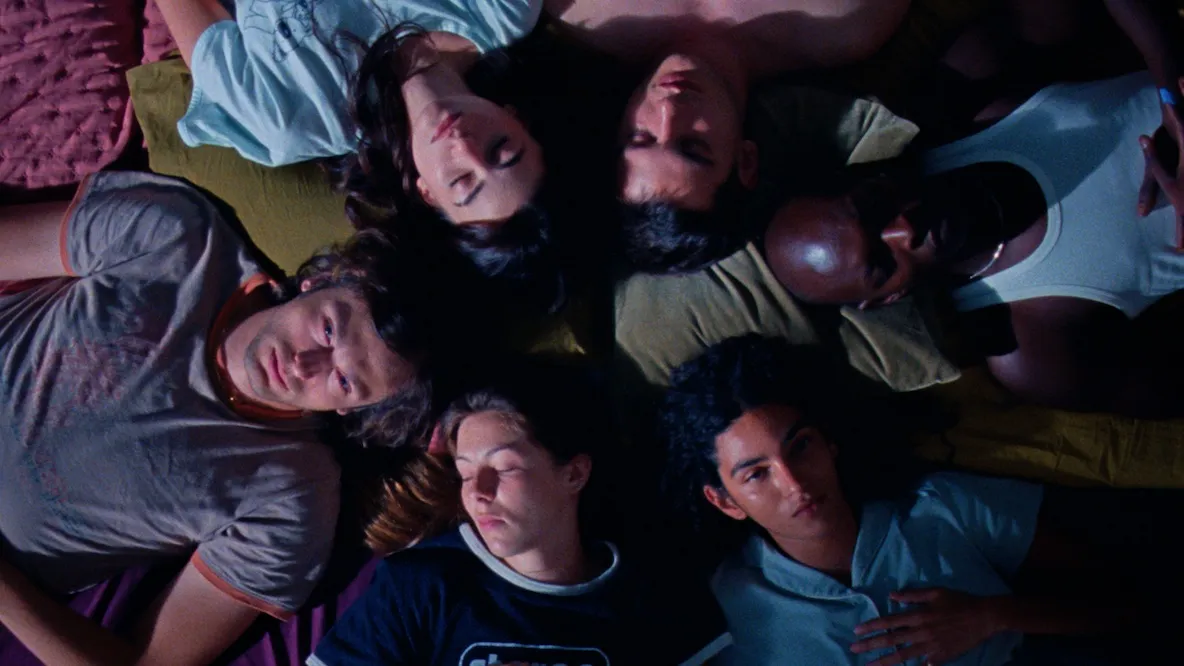
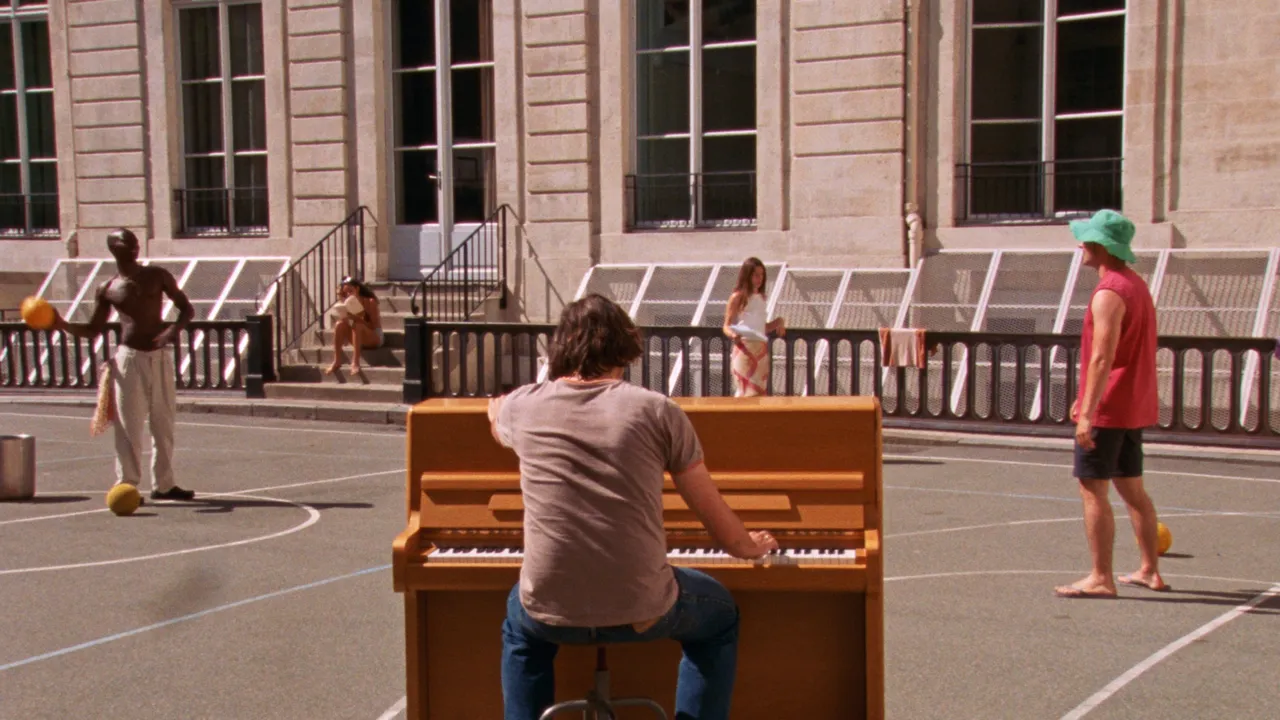
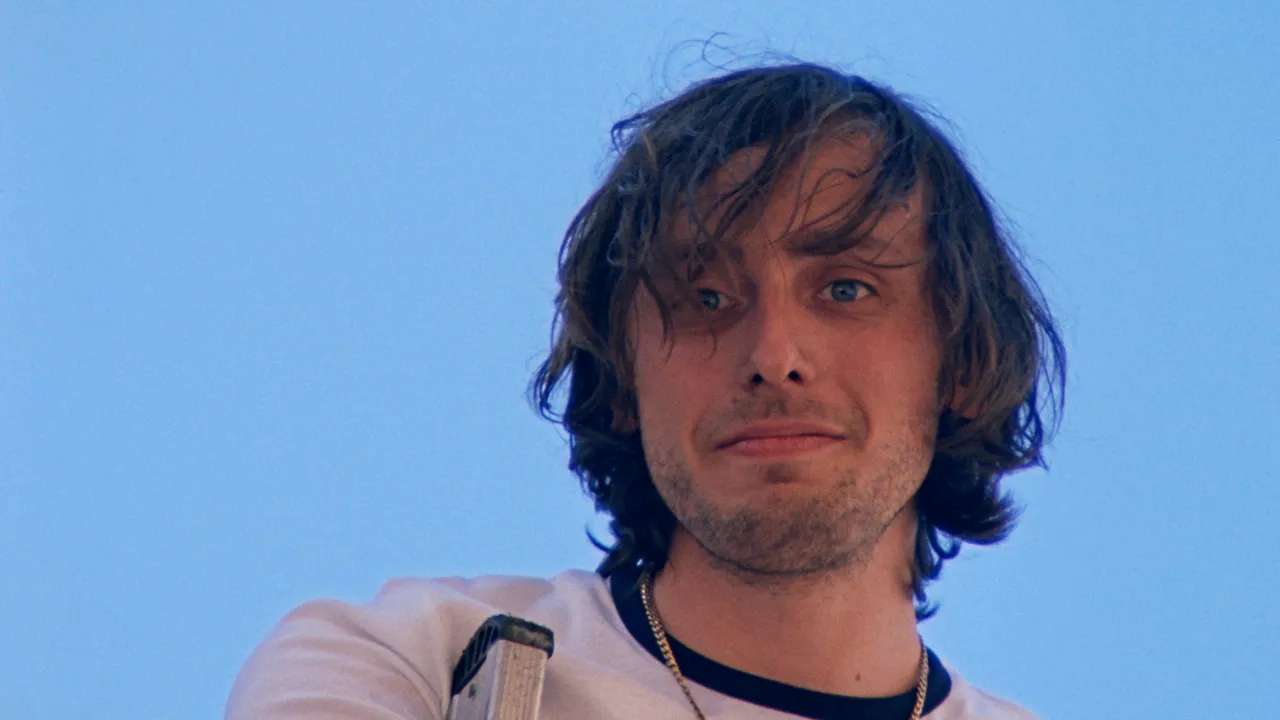


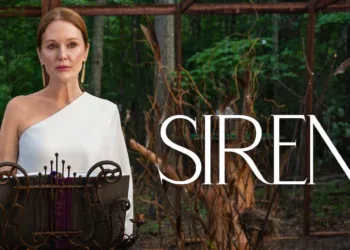


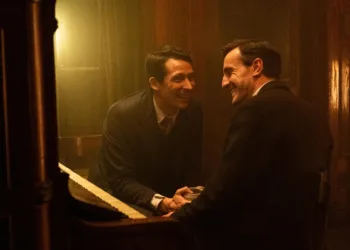


Discussion about this post